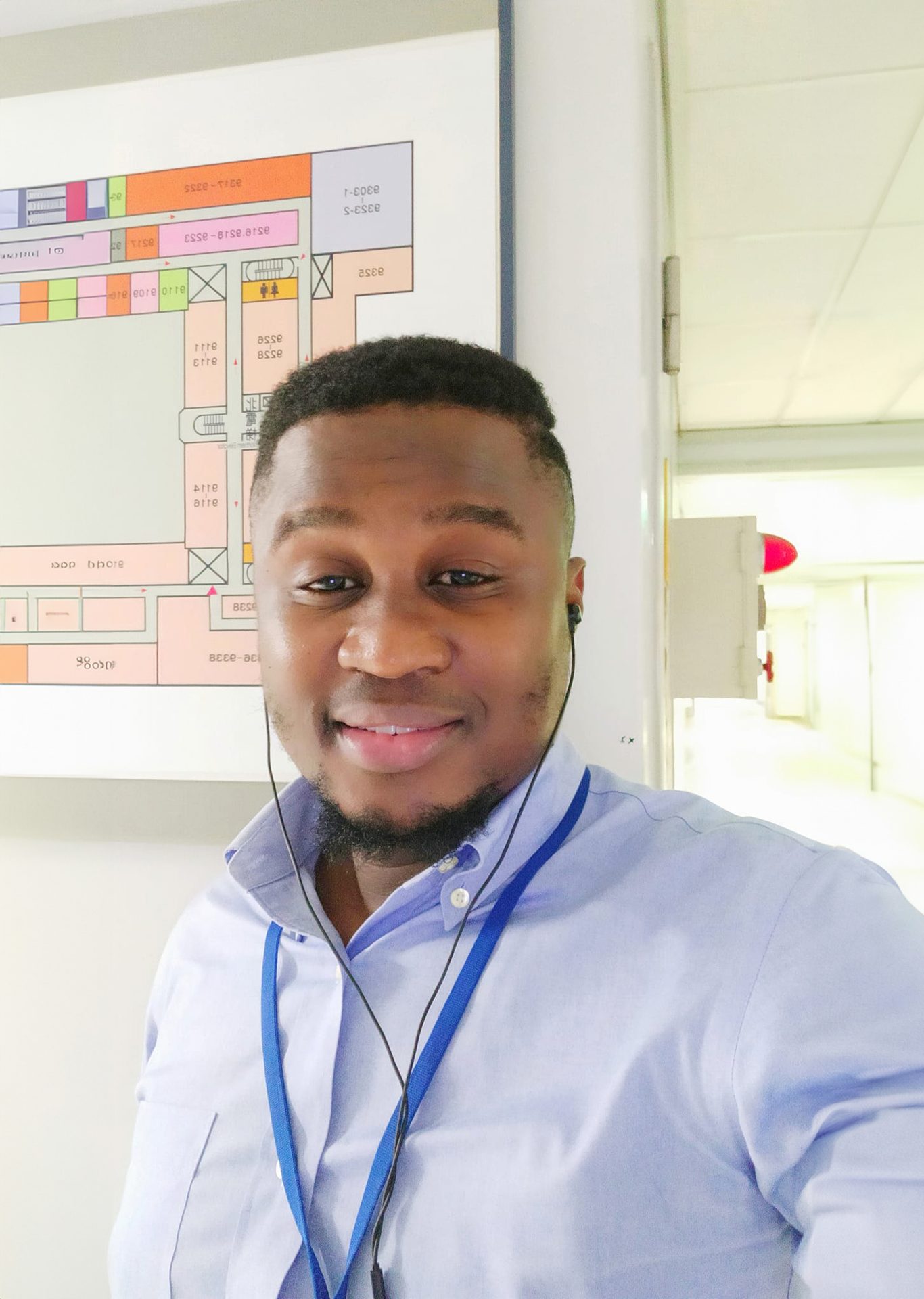
Imagine studying beneath the shade of ancient trees in the university's lush green courtyards, with the smell of world-famous street food in the air. Taipei's rich cultures and diverse neighbourhoods are right at your doorstep, inviting you to explore and learn with its 2.7 million residents of all ages and backgrounds.
It’s the ideal destination for anyone with aspirations to advance their Biomedical Sciences, Neuroscience and Biomedical Engineering knowledge and skills.
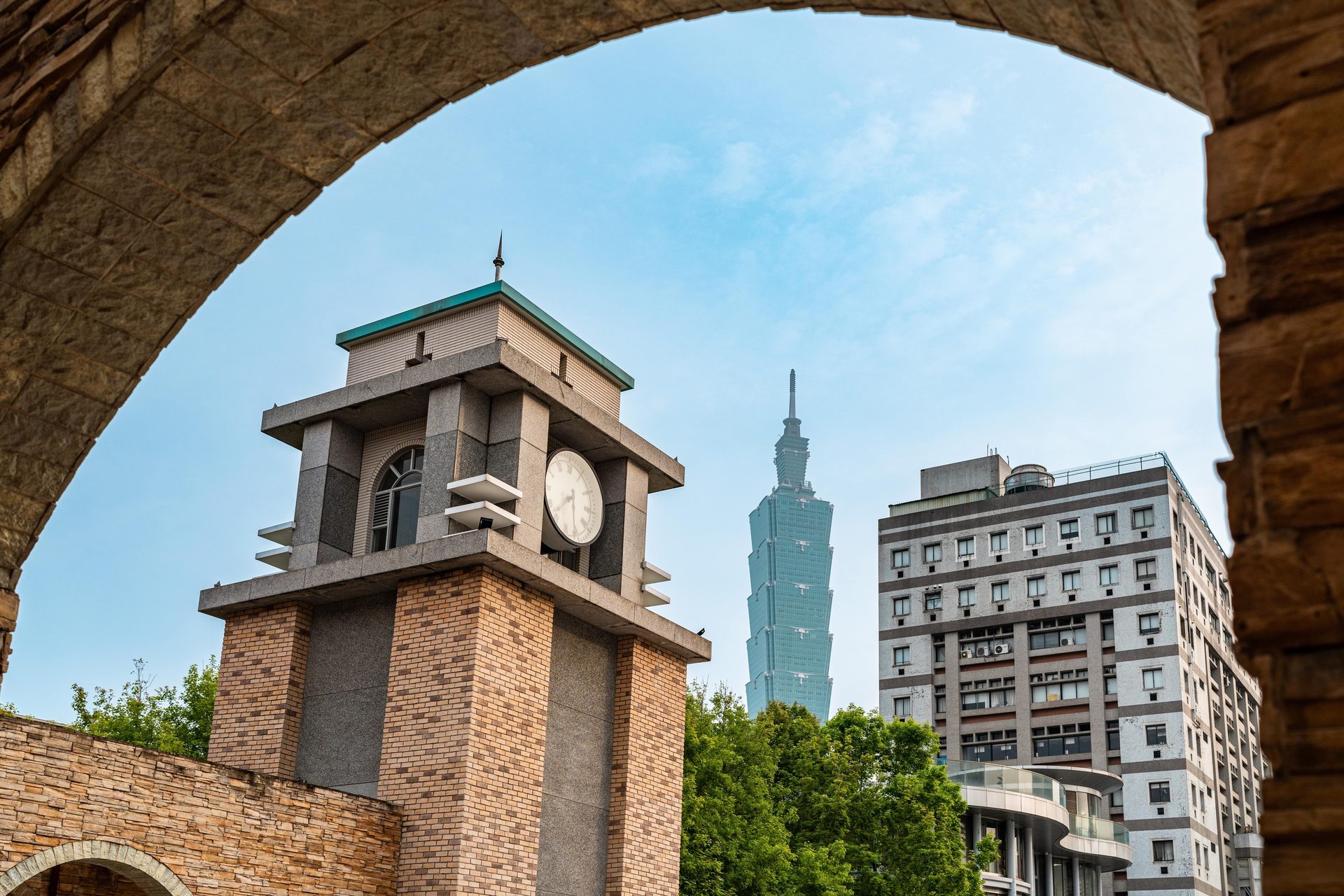
Nestled in Taipei's vibrant heart is a university renowned for providing students with a diverse and dynamic educational experience. Since 1960, Taipei Medical University (TMU) has focused on providing programmes that combine teaching, research, industrial collaboration, and medical care to realise its goal to “take medical education as the foundation, develop biomedicine research for clinical use and become a university of innovation with social impact.”
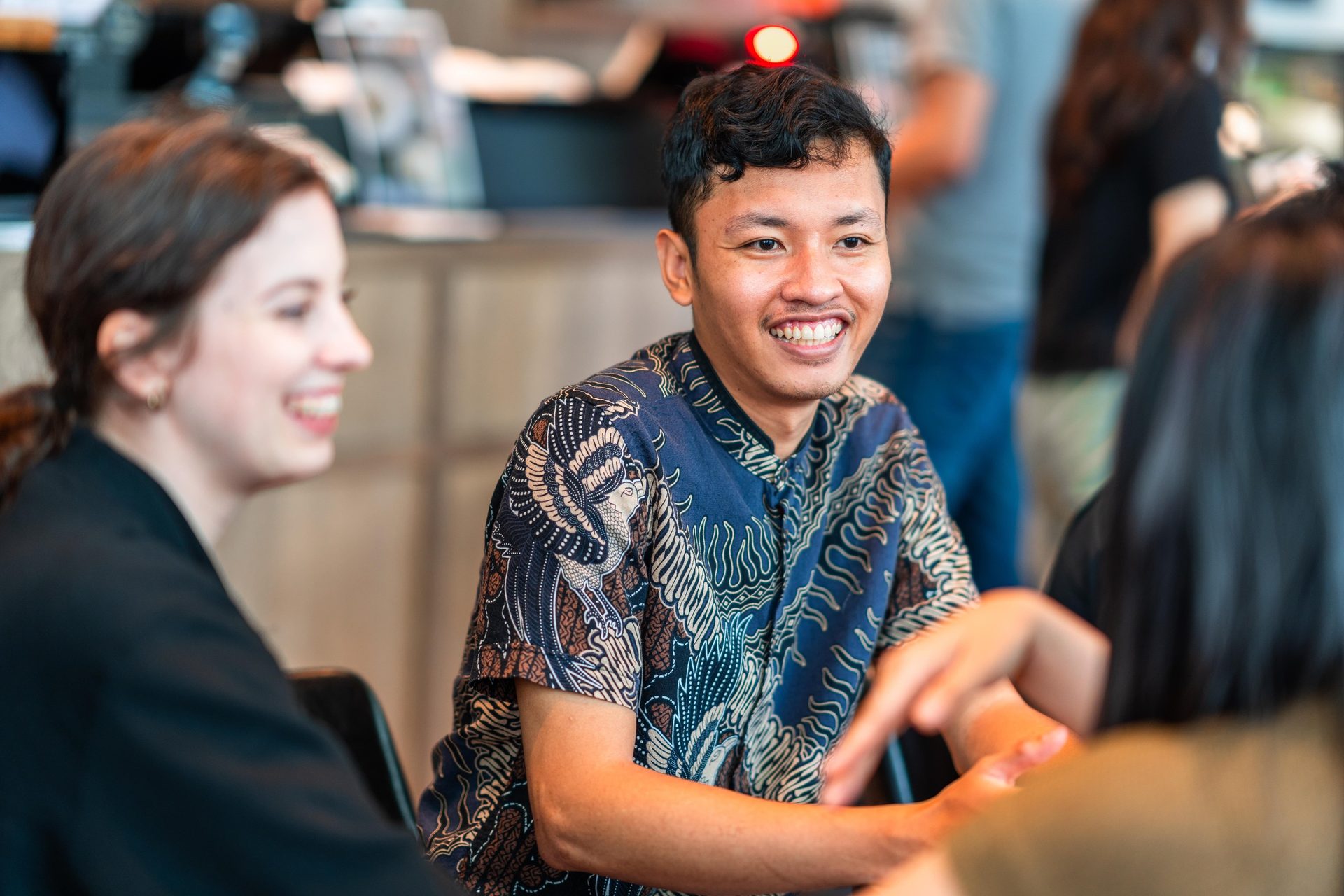
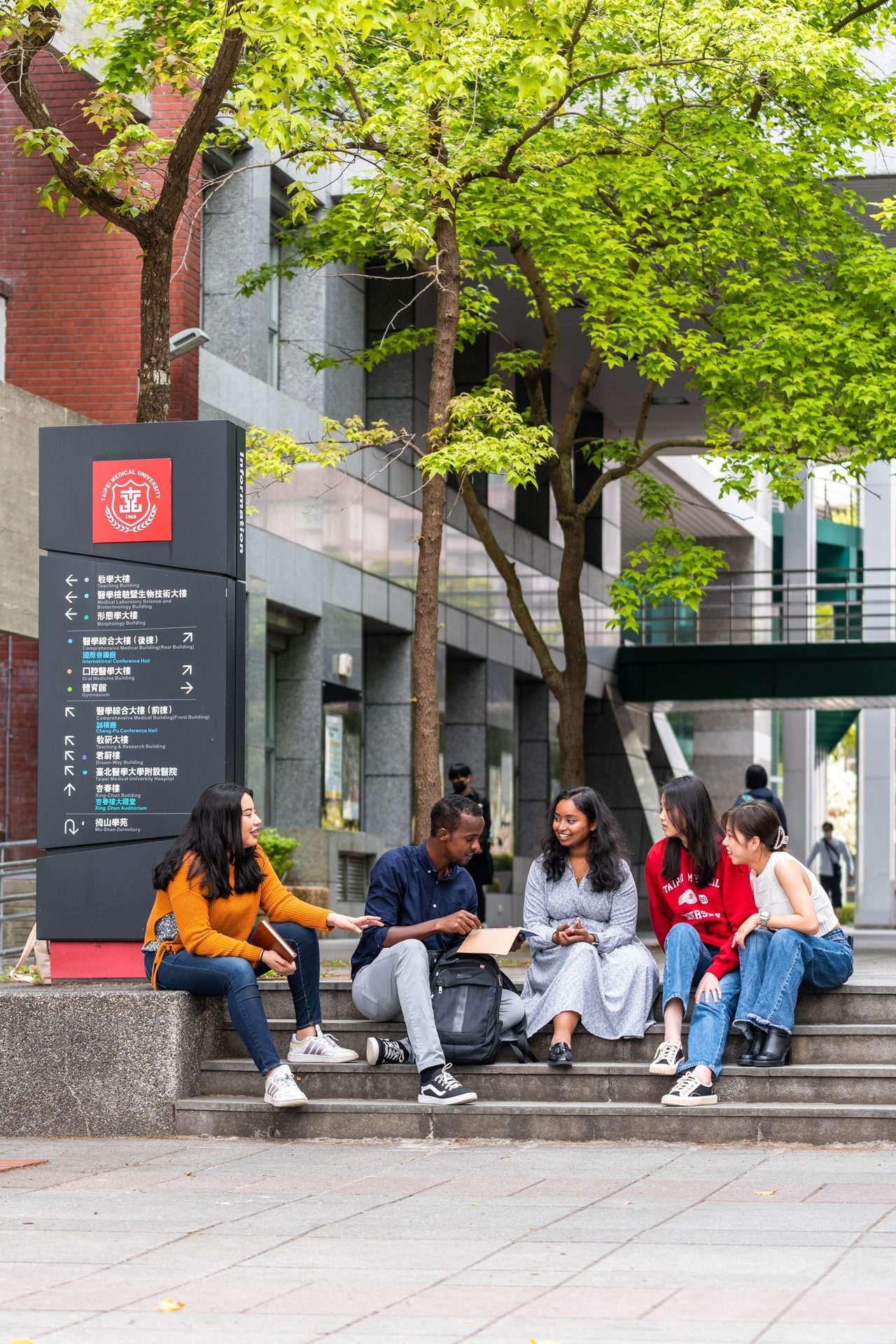
At TMU’s campus, there’s a tapestry of nationalities, backgrounds, and interests. This is where students from up to 49 nations as well as educators, researchers, clinicians, and business professionals from across the globe come together to share their unique perspectives and experiences. In every corner of campus, you'll find a warm, welcoming community that celebrates differences and fosters understanding.
A full roster of events organised throughout the year ensures this. Whether enjoying a feast at the international food festival or participating in student-led diversity workshops, you'll feel as if the world is on your campus. In these events, friendships flourish, perspectives broaden, and cultural exchanges thrive. You’ll have the opportunity to engage in discussions that challenge your preconceptions, celebrate traditions from around the world and collaborate with peers and staff from far and near.
Diverse and inclusive campus
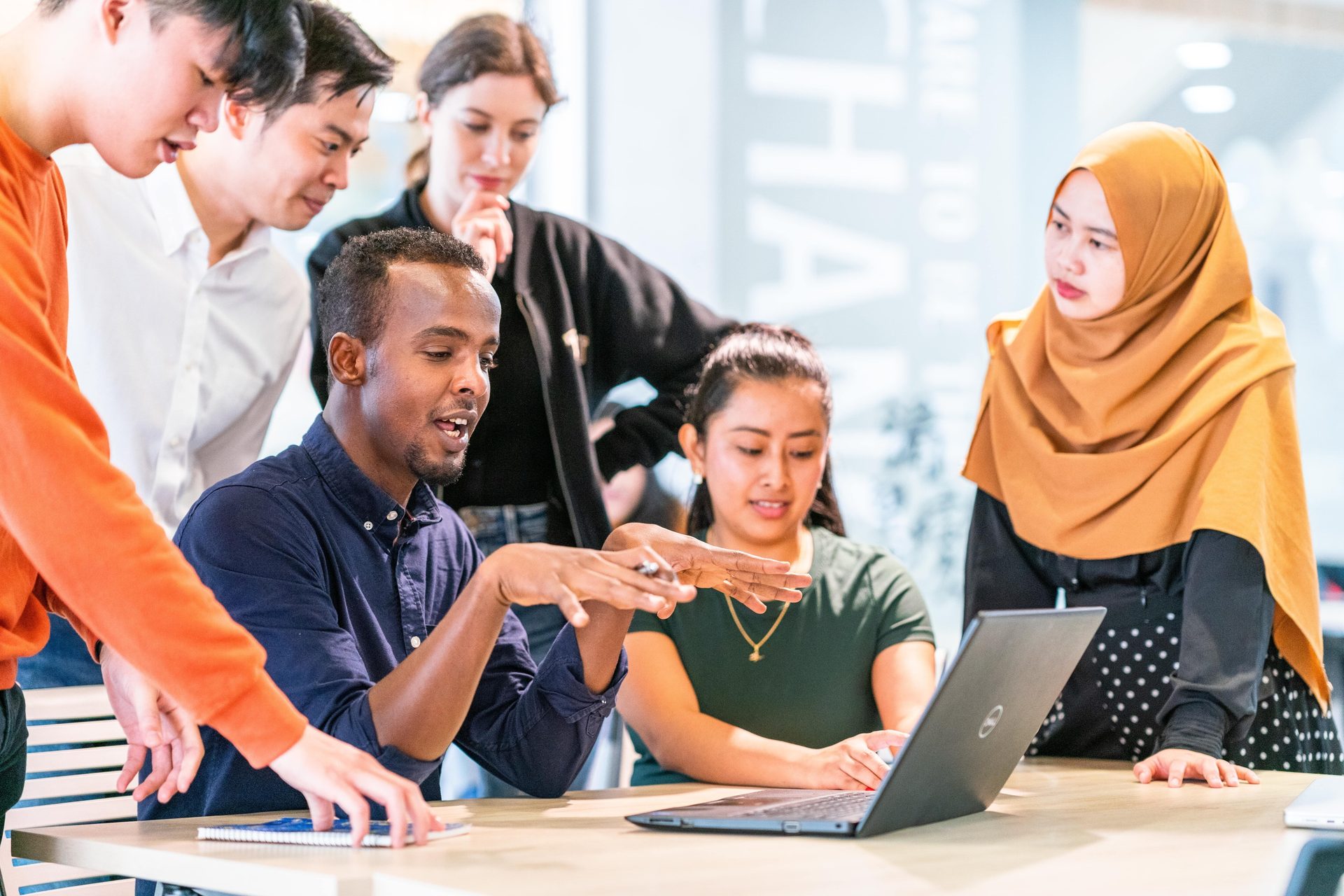
The university ranked #324 in the Times Higher Education (THE) World University Rankings 2023, among other institutions in Taiwan. Within Asia, TMU sits in the top 50 spots of THE Asia University rankings. It ranked #6 globally for the "SDG3-Good Health and Wellbeing" category in the 2023 THE Impact Rankings. In 2011, it was also the first in the country to establish an all-English master's degree programme.
Today, this global educational powerhouse offers over 40 English-taught graduate programmes. These include the master’s and PhD programmes offered by the College of Medical Science and Technology, Graduate Institute of Mind, Brain and Consciousness, and School of Pharmacy.
All-English graduate programmes
At this state-of-the-art hub of innovation and discovery, students and faculty work together to unravel the mysteries of human health. With a low faculty-to-student ratio, you'll have the chance to engage closely with renowned professors who are pioneers in fields like bioinformatics, genomics, and regenerative medicine. It's a place where scientific curiosity knows no bounds, and breakthroughs happen daily.
Programmes offered here encompass five major areas of specialisation: Medical Science and Biotechnology, Biomedical Informatics, Cancer Biology and Drug Discovery, Neuroscience, and Translational Medicine. Earlier this year, the campus integrated these areas and degree programmes into the Shuang-Ho campus, establishing close connections with Shuang-Ho Hospital and the international Biodesign programme to construct an international Shuang-Ho Biotech Park jointly.
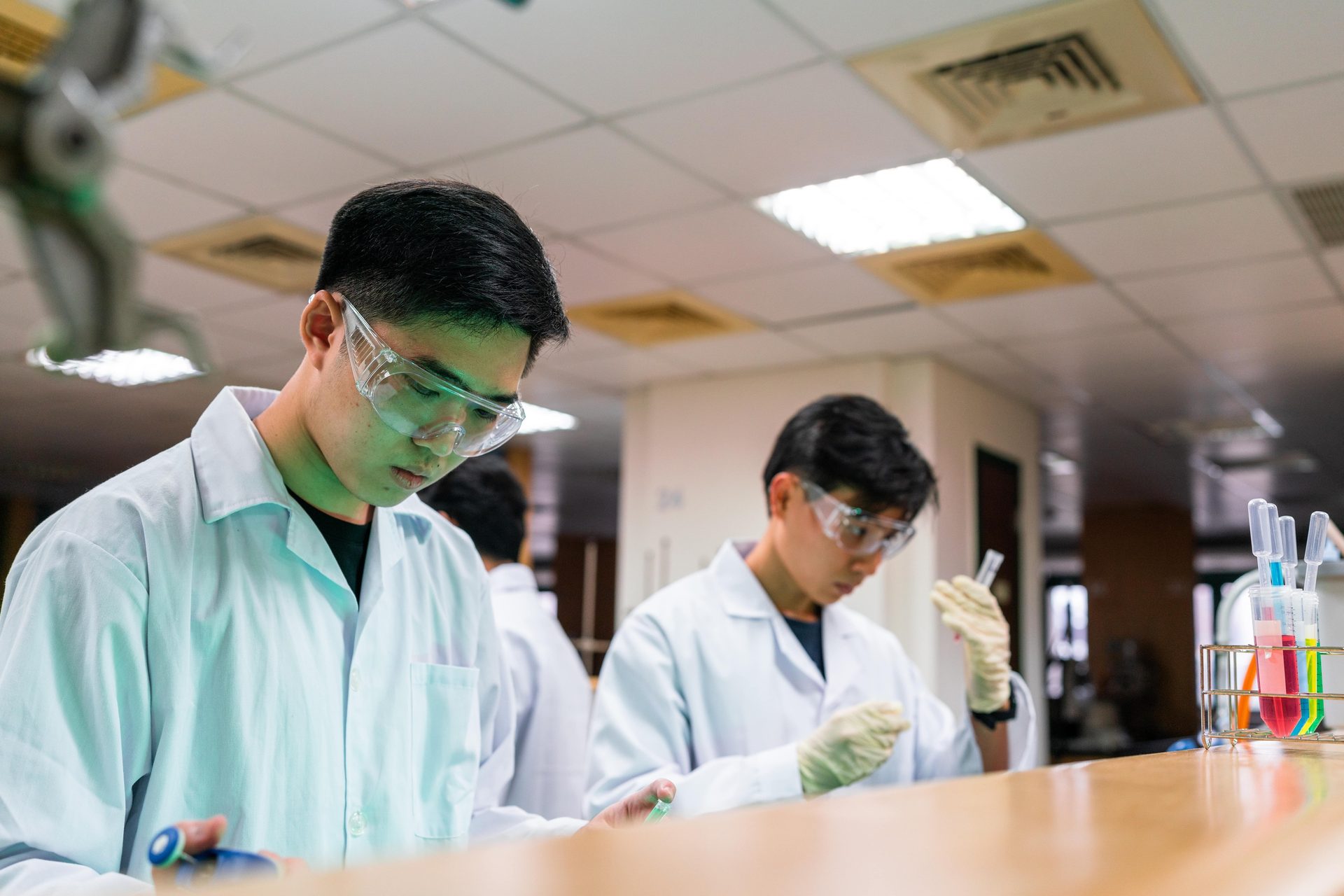
College of Medical Science and Technology
Led by a distinguished faculty, including leading neuroscientists and psychologists, MS and PhD programmes here explore the mind-brain nexus in healthy subjects as well as in neurological or psychiatric patients. Associate Professor Niall Duncan shares that the institute tries to make its courses as interdisciplinary as possible.
“When we started the institute, we had people whose background was philosophy, engineering, biology, and psychology, all from different places in the world and all doing quite different things,” he says. “But all of us were aiming around the exact structure of what's going on and in our heads and how it all works.” He shares that to ensure students are working together, the institute “structures the faculty around everyone having different ideas and perspectives, and to make progress, we need to integrate that different expertise and different perspectives.”
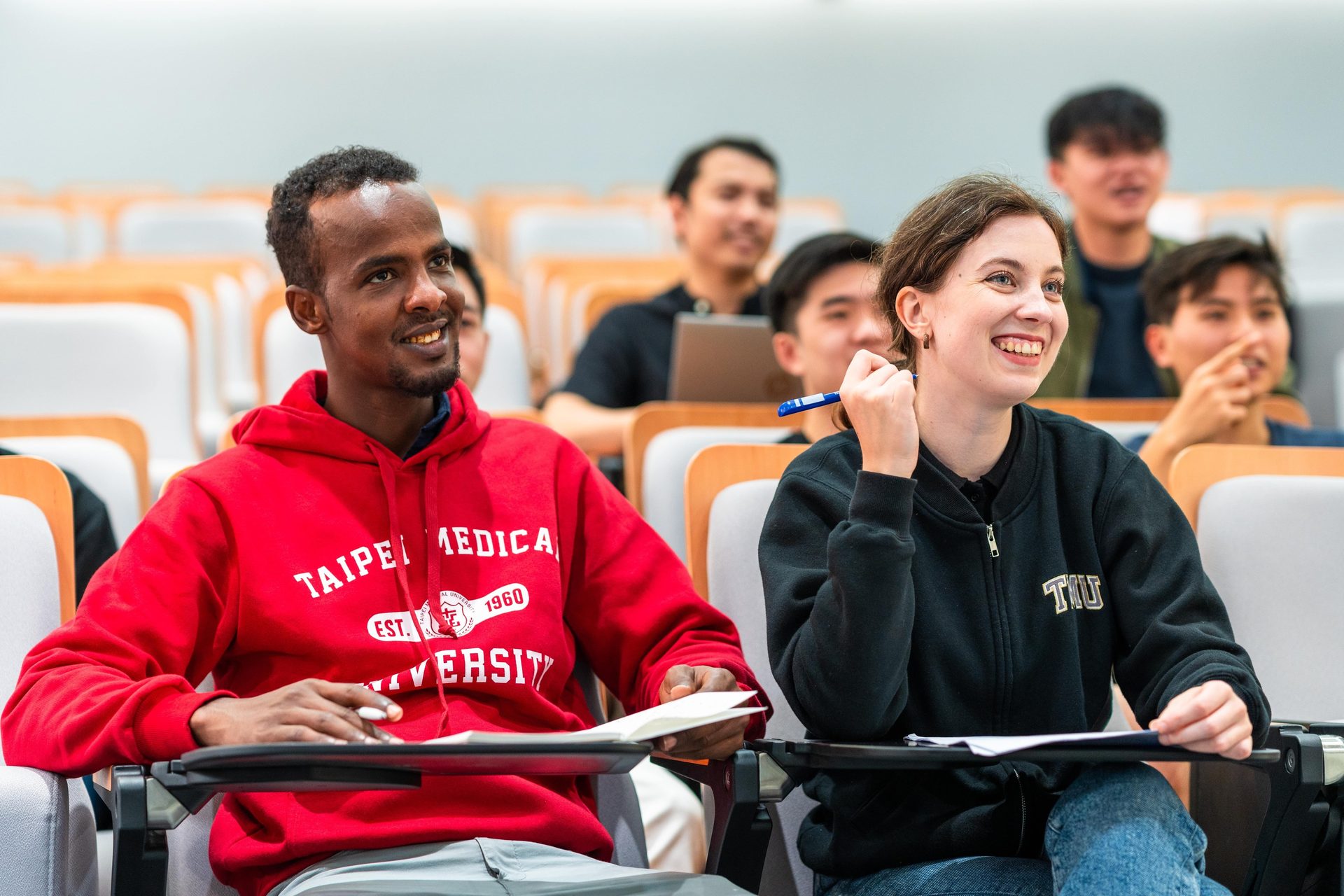
Graduate Institute of Mind, Brain, and Consciousness
Established in 1960, the school is home to 30 full-time faculty members and two departments: the Department of Pharmaceutical Sciences and the Department of Clinical Pharmacy. The first runs courses in pharmaceutics, pharmacognosy, medicinal chemistry, pharmaceutical analysis, drug design and other related disciplines. Whereas the latter focuses on clinical research and internship training in hospitals or other medical facilities.
To thrive in academia and industry today requires a global mindset. Hence why the school has established an international exchange programme that allows third-year students to study clinical pharmacy and leadership in well-known universities in the US including the University of Southern California (USC), the University of Illinois at Chicago, the University of Connecticut and Georgia State University.
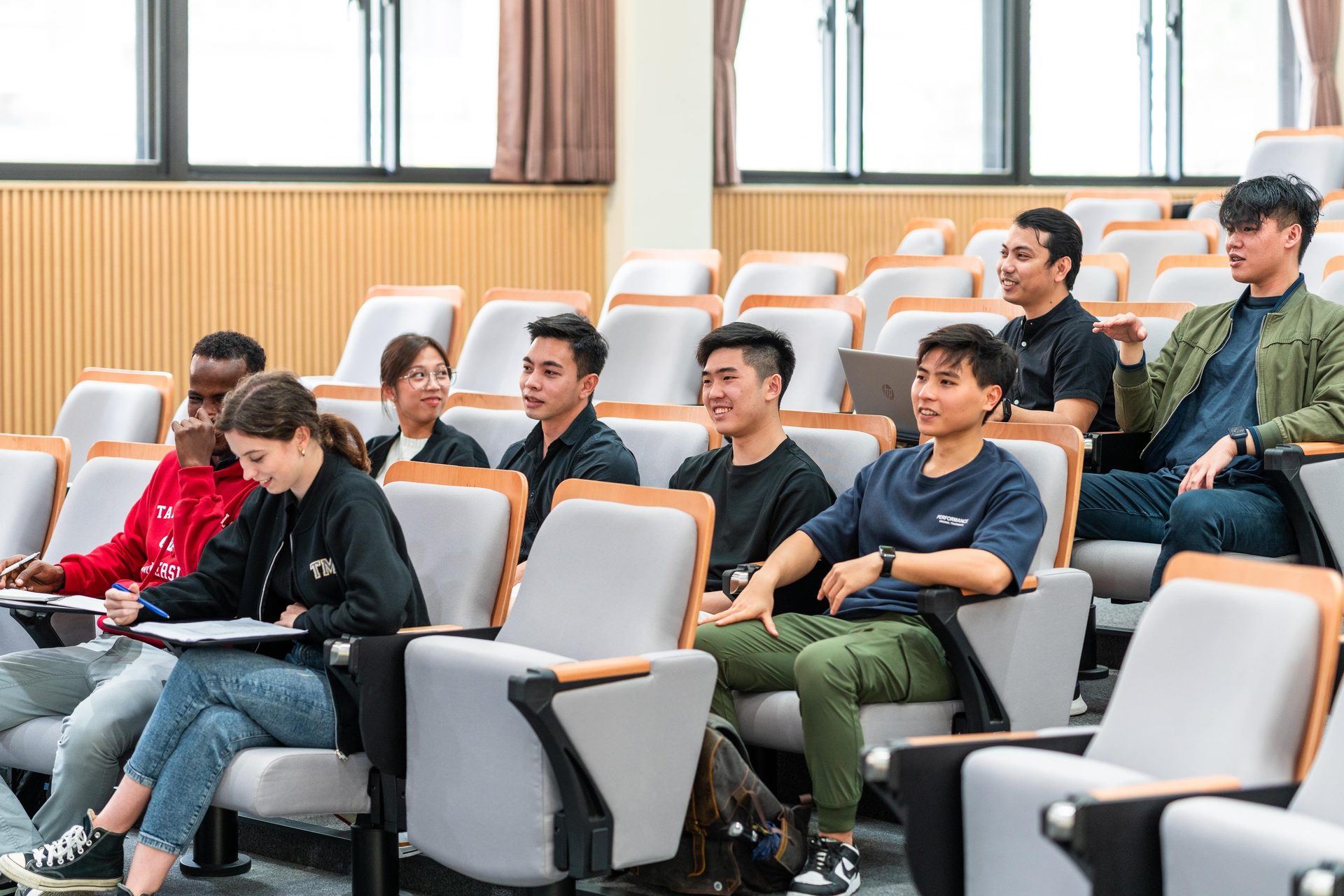
School of Pharmacy
An enriching education awaits at Taipei Medical University.

Copyright © 2023 Study International, official representative of Taipei Medical University

